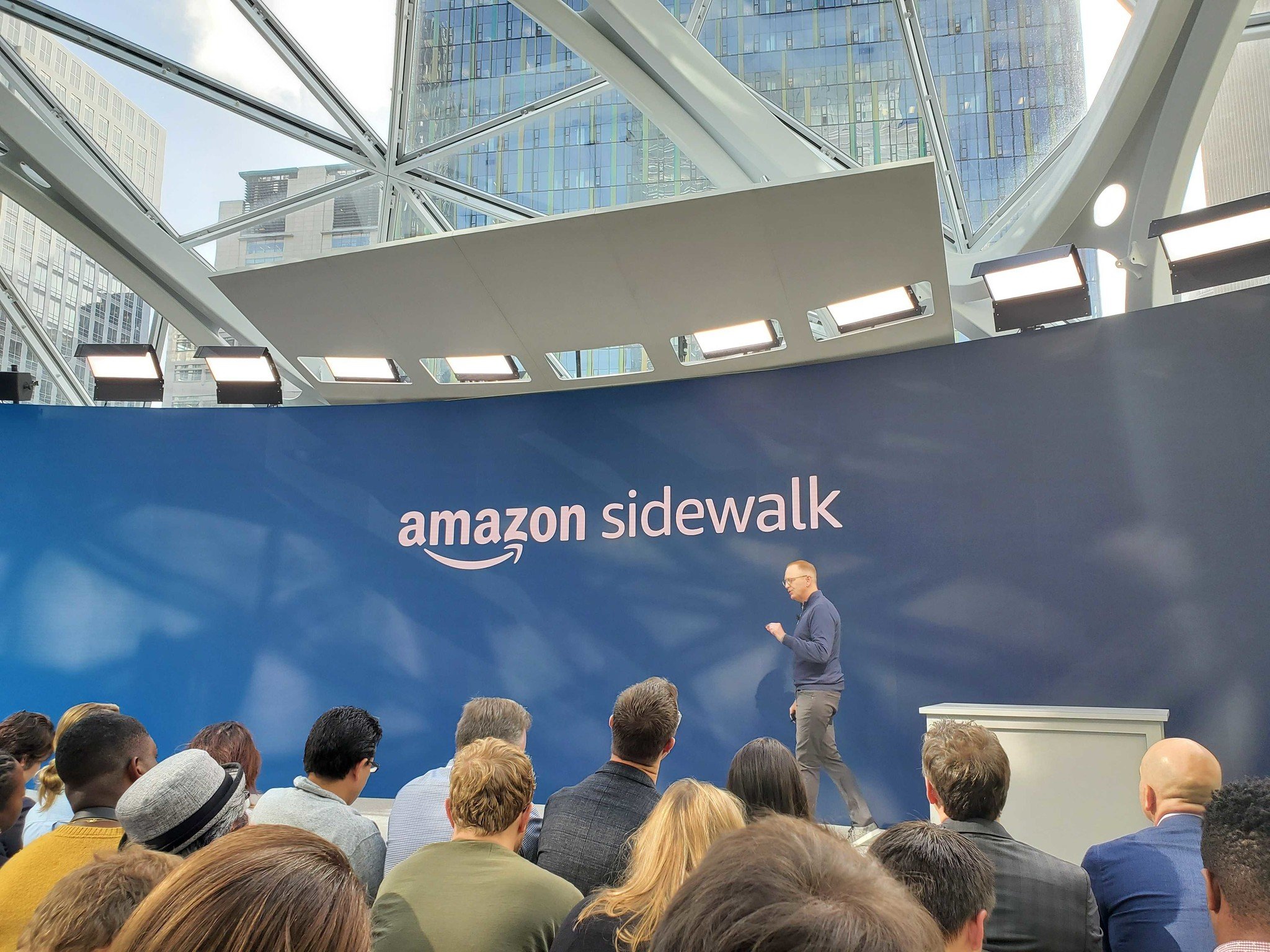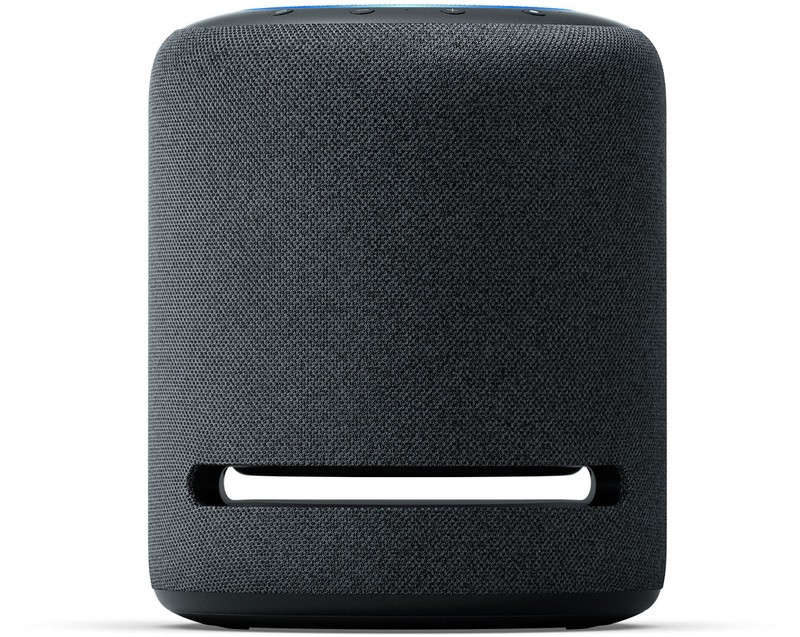Amazon's ambitious Sidewalk announcement creates more privacy questions than it answers

In its 2019 hardware event, Amazon announced a new mid-range wireless protocol for Internet of Things devices called Sidewalk. It uses the 900MHz spectrum, has a potential range of one mile, and can be used to carry over the air updates. It's also a mesh network, which means as long as two or more base stations are within communication range of each other, client devices can function anywhere inside the range of either. And that's about all Amazon had to say about it, letting us know that it will be publishing the protocol standards and selling a pet tracking device as a demo sometime this year.
That all sounds great, except for two things: Amazon didn't really talk about how Sidewalk works, and there is already an existing standard that does all of this and more called LoRa — and it's been around since 2012.
Sidewalk needs to be better than what's already out there or Amazon needs to convince us that it is.
The LoRa Alliance publishes a wireless standard that uses the 915MHz spectrum in North America and the standard is maintained by over 500 companies, including some names you might know like IBM and Cisco. It's actively in use in over 100 countries doing things like utility metering, bus scheduling and tracking, or preventing Black Rhinoceros poaching. What it doesn't do is provide specialized functions and features for Amazon's devices, which is why the company wants to make Sidewalk a thing.
That's not strange to see or unique to Amazon or even networking protocols. We need to look no further than Android Things to see a company — in this case, Google — building out a new thing with new features that benefits itself. And much like Android Things, Sidewalk will need to be better than what already exists (or at least appear to be) and somehow be a thing we want if it's going to be popular and useful.
Being that thing we want isn't going to be difficult for Amazon. It already sells us everything, and Sidewalk promises to let us track our pets around the neighborhood or control our lights from our neighbor's house or even across town — if enough people buy Sidewalk-enabled devices. Put a Sidewalk-enabled smart light at the top of every search and suggest it in every cart until people finally decide they need things are Amazon's modus operandi and they are good at it. I'm just worried whether Amazon can build out a long-range shared mesh network that keeps our privacy in mind and devices secure while it's busy trying to sell us things.
More: Wi-Fi everywhere made easy — these are the best mesh routers of 2019
The mesh networking aspect is especially concerning. Mesh networking isn't new and certainly can be done with security in mind if it's a primary goal. How Sidewalk works, according to Amazon's scant details, is sharing a network across base stations that are placed close enough to each other to create a large overlapping area of coverage. As long as you and a Sidewalk enabled device are within this area of coverage you can interact with a device. That's a great idea, both on paper and in practice. The only foreseeable problem is that a lot of other people are also inside that area of coverage, and smart people with bad intentions have a knack for ruining everything.
Get the latest news from Android Central, your trusted companion in the world of Android
Without any details, it's easy to see a million things going wrong with Sidewalk.
Without details on how a connection is initiated and held between you and a device, or what safeguards are put in place, Sidewalk sounds like a nice honeypot. It's not too terrible if some random ne'er-do-well decides to turn your yard lights on and off, but what if you have a connected water meter or a connected security camera (or heaven forbid a baby monitor)? Someone with bad intentions could cost you some money or see when your house is empty and then disconnect a security system.
Amazon is no stranger to cloud services and security. In fact, the bulk of the company's profits come from cloud services so it recognizes the importance of security and reliability. But it's also no stranger to privacy scandals, either.
Let's hope some of that good old common sense has worked its way into the team behind Sidewalk and we all don't have to learn the hard way.

Jerry is an amateur woodworker and struggling shade tree mechanic. There's nothing he can't take apart, but many things he can't reassemble. You'll find him writing and speaking his loud opinion on Android Central and occasionally on Threads.

